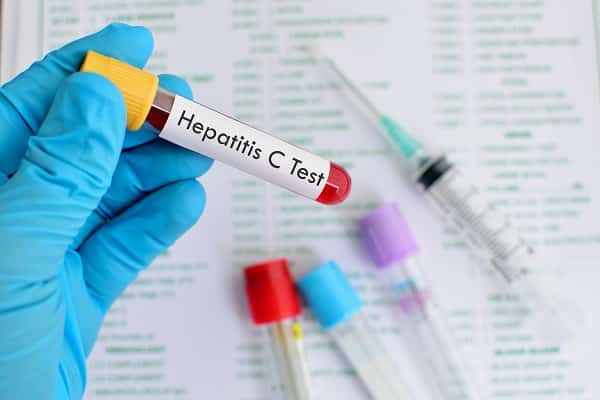It isn’t like any other day for 27-year-old Harinder (name changed). He has just tested positive for Hepatitis C.
In the days leading up to this diagnosis, he had developed fatigue, anxiety, depression, flu-like symptoms, and lacking energy. Despite being treated for these, the problems persisted.
Finally, the doctor suggested he take a test for hepatitis C, a viral infection.
“At the moment, 250,000 people in Australia have hepatitis C, excluding the vast majority who don’t even know,” says Dr Puneet Mahindra, a gastroenterologist and hepatologist at Melbourne’s Centre for GI Health.
Not surprising, considering the viral disease rarely displays symptoms apart from general fatigue, if at all. In fact, people with hepatitis can go for decades without showing any signs of having it.
“It is a very slow acting virus so unfortunately many people don’t even realise that they have it – or how they got it,” Dr Mahindra, who sees many patients with hepatitis C, explains. “It is a virus that lives in the blood and affects the liver. If left untreated it can lead to serious liver disease or liver cancer. Unfortunately, those infected might not look or even feel sick till it is very late. That’s why it’s called a ‘silent killer’. Fortunately though, there is a simple test that can tell if you have the virus.”

And luckily for Harinder and some 3000 others like him in the Indian community, there is a new cure in the form of tablets.
Hepatitis C is inflammation of the liver caused by the hepatitis C virus (HCV). It is a blood borne-disease and spreads through contact with infected blood. HCV does not spread by sneezing, hugging, coughing, food or water, sharing eating utensils or drinking glasses, or casual contact.
“Most people get infected through blood transfusion,” says Dr Mahindra. “A patient of mine contracted it after a cosmetic surgery procedure performed overseas. It was possibly a result of improper sterilisation of surgical equipment.”

“Most people don’t even realise that they have it – or
how they got it”
The doctor adds that the numbers of hepatitis C patients are highest in the Indian and Vietnamese community. “Many were unaware of the virus because they were not tested for it in India. The blood transfusions were never tested for Hepatitis C before the 1990s. A lot of developing countries like India and Vietnam did not really start till quite late. In India, there are professional blood donors, who donate blood for money. Many of them have a history of IV drug use, and they have donated blood to multiple people.”
Then there’s the lack of awareness and the general stigma surrounding liver disease. “People don’t seek help until it is really late,” he laments, adding, “I encourage the community to get tested.”
Luckily, general practitioners in Australia are now able to prescribe drugs to treat hepatitis C.
“The new treatments which involves tablets have virtually no side effects and have an efficiency of 95-99%,” Dr Mahindra says.
The simple, safe and effective cure is affordable as it is listed on the government’s Pharmaceutical Benefits Scheme (PBS). Dr Mahindra advises, “If you have undergone medical or dental procedures overseas, or have received blood products or transfusions in your country of origin at a time when screening of blood for viruses was not undertaken or was poorly regulated, then get tested. Even if you don’t have any symptoms, just get yourself checked.”
See your doctor or call the National Hepatitis information live on 1800 437 222.
FACTS
- Hepatitis C virus is transmitted through contact with the blood of an infected person.
- It can be treated using antiviral medicines
- There is currently no vaccine for hepatitis C
- Avoid: Unnecessary and unsafe injections, unsafe blood products, drugs and sharing injection equipment, sharing items like razors that may be contaminated with infected blood, tattoos, piercing and acupuncture performed with contaminated equipment.




